Victorian mayors speak out on ‘overused’ Acknowledgment of Country
“It will only take one”: Changes to how traditional custodians of the land are acknowledged could sweep through local councils like a “Mexican wave”.
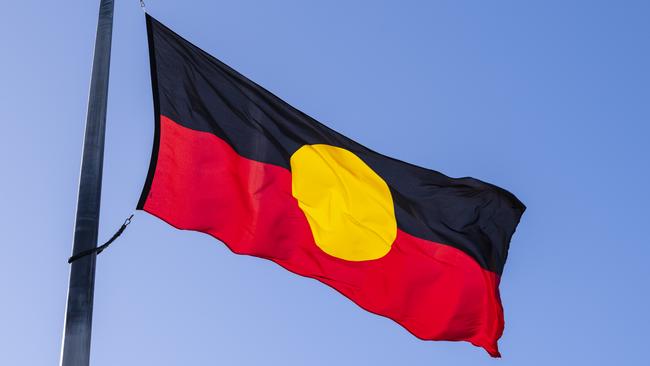
Melbourne City
Don't miss out on the headlines from Melbourne City. Followed categories will be added to My News.
Victorian councils will continue to kick off every meeting by acknowledging traditional custodians of the land, despite calls for a rethink from some mayors and ratepayers.
Local councils have said Indigenous acknowledgments have “gone too far” with repetitive rituals and some Victorian mayors fear the practice is losing its meaning.
Regional councillors from across the state have spoken out about sitting through up to 11 acknowledgments of place and Welcomes to Country at a single event.
Others said once “short and respectful” acknowledgments had become “long dissertations” and sacred rituals including smoking ceremonies were being held too often.
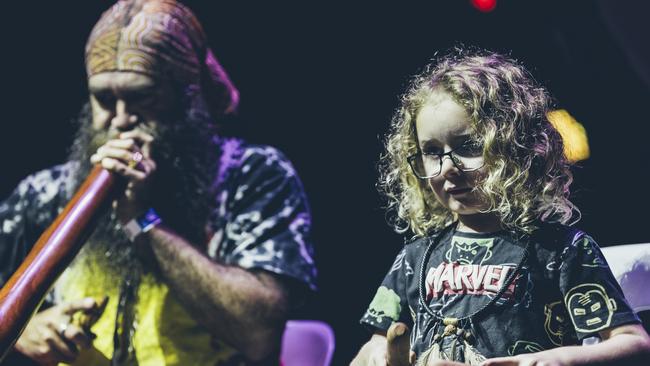
The Herald Sun surveyed all 79 Victorian councils after two South Australian councils voted to stop reading out an Acknowledgement of Country at the start of meetings.
The poll revealed overwhelming support for starting metropolitan meetings with an Acknowledgment of Country.
However, several regional mayors feared the practice was “tokenism” and not supported by conservative communities and even some Indigenous residents.
Benalla Rural Council mayor Danny Claridge said councils had gone too far with acknowledging traditional owners.
“When it’s overdone — that’s when it becomes disrespectful,” he said
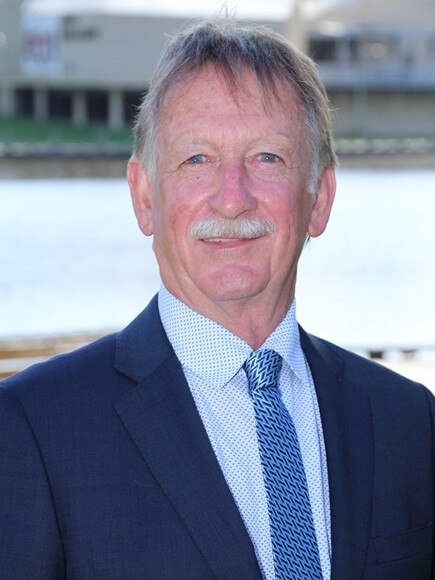
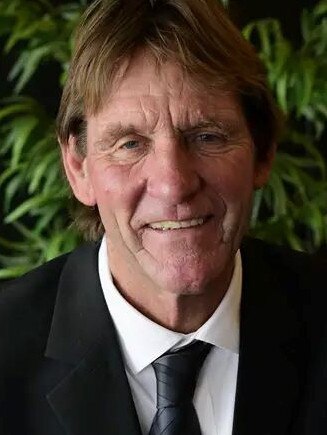
However, he said it would be difficult to win support to change the policy and the council had no plan to drop the reading.
“I imagine if we suggested removing it completely it would be rejected,” Mr Claridge said.
Multiple mayors said it would interesting to see what happened if one council stepped forward and changed acknowledgment protocols.
“If it gains a bit of steam in Victoria, well who knows what will come out of it,” Hindmarsh mayor Brett Ireland said.
“It could be like the Mexican wave. It will only take one.”
He said the council was “heavily involved with our local Indigenous community” and his “gut feeling” was that any notion of change would be defeated.
Southern Grampians Shire mayor David Robertson said even local Indigenous communities thought the Acknowledgment to Country was “overdone”.
“Especially when it comes to smoking ceremonies which are only supposed to be reserved for special occasions,” Mr Robertson said.
“It can lead to tokenism. What’s the purpose of doing it every day?”
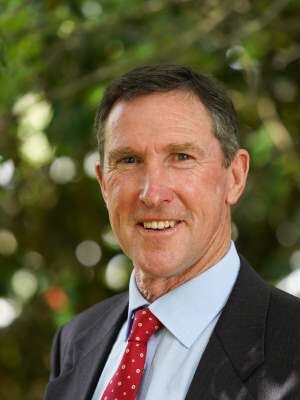
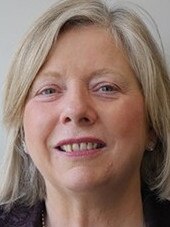
He said the council had not discussed removing the Acknowledgment from meetings and would continue to include the reading.
Other local councillors said they lacked the numbers to bring about change.
Surf Coast Shire councillor Heather Wellington said the acknowledgments were no longer “short and respectful” but “long dissertations”.
“People are finding them too much. It’s being forced on them.” she said.
Ms Wellington represents the “largely conservative” town of Winchelsea and thought her community’s opinions weren’t being heard.
“People are concerned to speak up because they will be called racist and they are afraid,” she said.
She did not support removing acknowledgment to country completely and stressed her views did not reflect those of the whole council.
Mayor Liz Pattison said the Acknowledgment to Country would continue to be used at all Surf Coast Shire civic functions, events, business activities and formal meetings hosted by council representatives in person and online.
East Gippsland Shire councillor Sonia Buckley posted to social media that “acknowledgment of place” had been repeated at “every meeting, by every bureaucrat for so long...it had lost its real meaning”.
“I don’t need to be welcomed to my own Country at every meeting, which some times can be several in a day.
“As a councillor that’s hours of listening to the same message that even the person saying it can no longer say it with conviction, and it’s on your dollar.”
Her view was not shared by East Gippsland Shire mayor Tom Crook who was strongly against any suggestion of removing the “appropriate and essential” Acknowledgment of Country from meetings.
“It takes like a minute,” he said.
“But it’s an important sentiment nonetheless to be expressing our commitment to the health and wellbeing of first nations people who are disproportionately represented in some of the less favourable national statistics.”
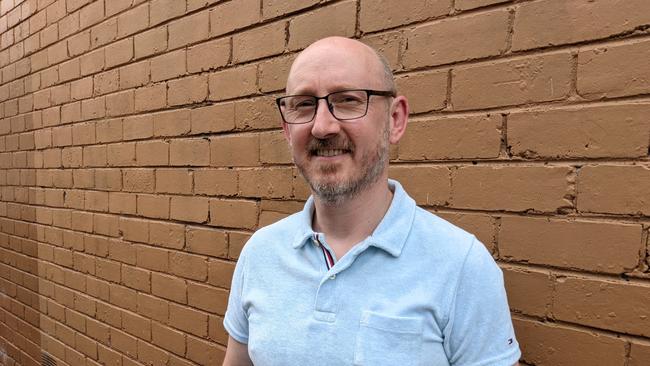
Council Watch spokesman Dean Hurlston said the topic was a sensitive issue and no council wanted to be the first to make changes.
He said many councils would have the acknowledgment embedded in their reconciliation action plans.
However, he said a review of the Acknowledgment to Country was long overdue.
“It’s been overused to the point where its value has been diminished.”
Mr Hurlston said acknowledging traditional custodians of the land ”less often, but doing it better” was an option councils should consider.
“I don’t think people are sick of reconciliation, but they have definitely had enough of tokenism,” he said.




